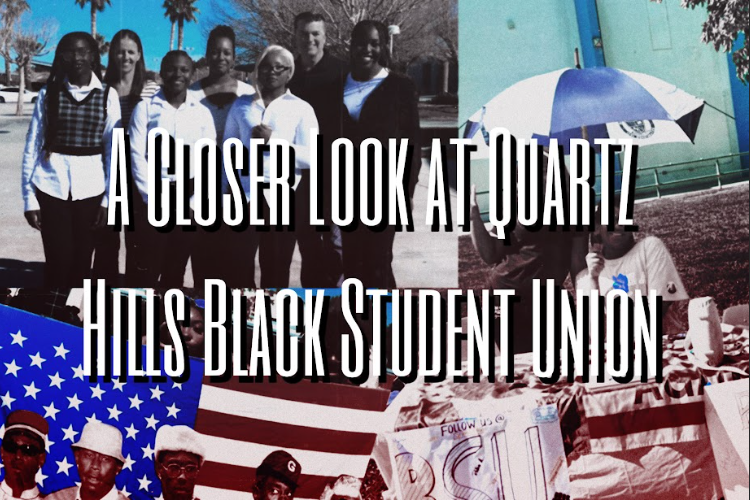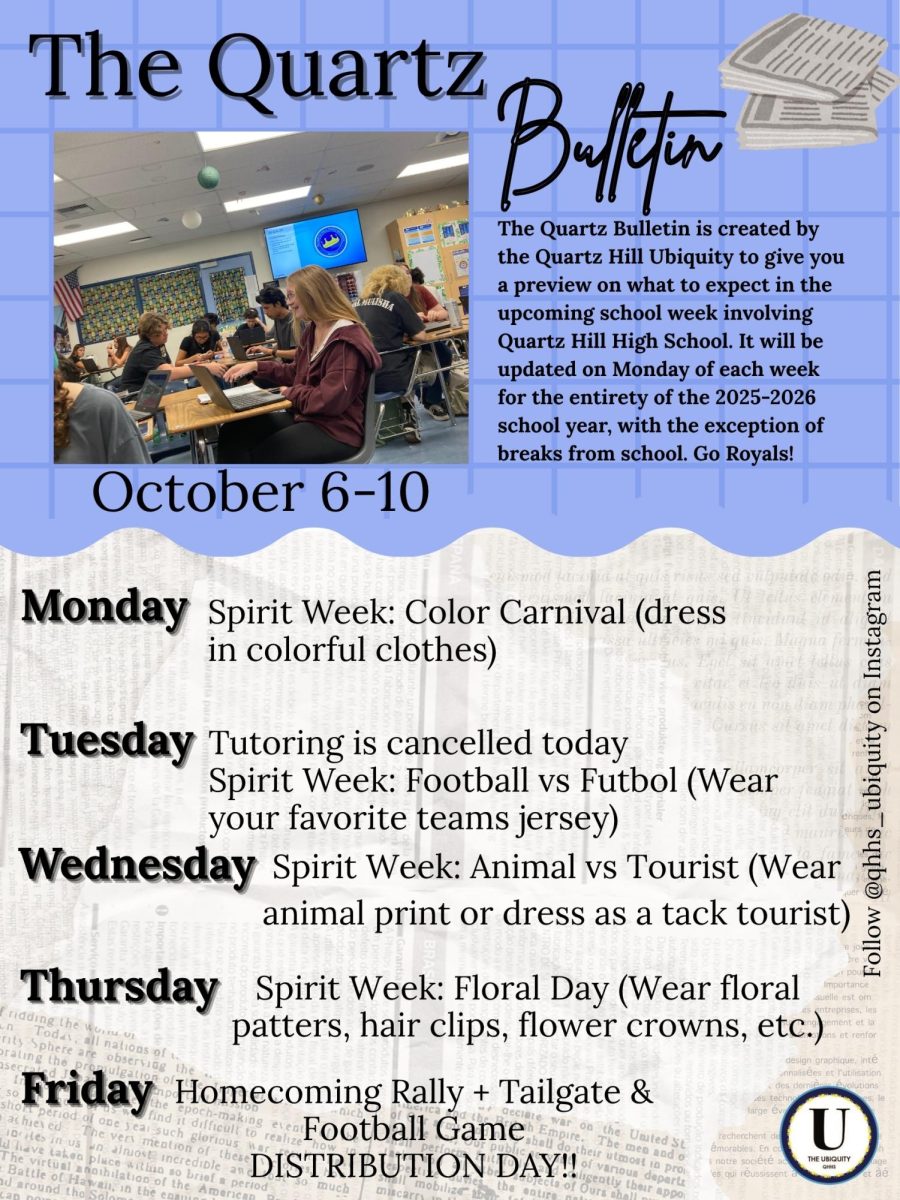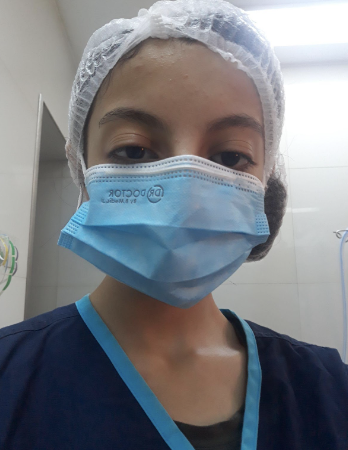Born Norma Jean Mortenson, named after actress Marilyn Miller, with “Monroe” being her mother’s maiden name. Ironically, she spent much of her childhood in foster homes and orphanages, as her mother was initially diagnosed with manic depression, also known as ‘Bipolar disorder,’ which was characterized by a series of mood swings ranging from depressive lows to manic highs. Later, her mother was diagnosed with “paranoid schizophrenia,” a severe mental disorder characterized by prominent delusions and auditory hallucinations, often involving paranoia and a fear of being persecuted. These conditions rendered her unable to care for Marilyn. The instability Marilyn faced in her childhood, coupled with her fear that the inherited beauty coming from her mother and grandmother, who was also a paranoid schizophrenic, would also come with inherited mental issues. Marilyn’s early experiences had a profound impact on her mental health, leading to a diagnosis by “Anna Freud” of “borderline paranoid schizophrenia” (now borderline personality disorder), which is characterized by unstable moods, behavior, and relationships. This diagnosis reinforced Marilyn’s fear of inheriting mental illness from her mother.
As Marilyn grew older, the emotional void left by her unstable childhood seemed to manifest in her search for love and validation; she was known for entering and exiting relationships quickly, multiple marriages, as well as having secret affairs. Though debatable, her most notable involvement was with the Kennedy brothers, particularly with President JFK; the speculations intensified after she sang “Happy birthday, Mr.President” at the commander-in-chief’s 45th birthday celebrated at Madison Square Garden, where his wife Jackie Kennedy chose not to attend further solidifying the rumors. The only known image of Monroe and JFK was taken at movie executive Arthur Krim’s home, which wasn’t released until 2010. Her biographer James Spada, who was reportedly close to her and her inner circle, believed that she had an affair with the two brothers, John and Robert Kennedy. However, he did not claim that they were involved in her death.
Further complicating the situation, according to Spada, Marilyn Monroe was introduced to President John F. Kennedy and allegedly became involved with his brother when the affair with President JFK ended. Marilyn’s Brentwood home at 12305 5th Helena Drive was reportedly bugged, and Spada’s witnesses claim to have heard a disturbing tape that contained the audible voice of Marilyn and Robert Kennedy. During an encounter, her former housekeeper, Eunice Murray, stated that Marilyn was deeply distressed about having to conceal the affair. Though none have been verified, there are unreleased tapes where Marilyn is suspected to have talked about her affairs and connection with the Kennedys. For more scrutiny, she was under FBI surveillance during the Cold War. However, she was mainly under surveillance for speculations of her ties with the communist party after she became tied with her third husband, Arthur Miller, who was suspected to be a communist; it is widely rumored that she had discussions about the testing of nuclear weapons with the Kennedy brothers which led to the belief that she was a threat to national security. Finally, it was verified that Marilyn had a secret red diary that was last seen at the coroner’s office and then reportedly went missing after her death; investigators claim that her diary would have exposed much-buried information.
“’Oh, why do I have to keep covering this up?’ I said, ‘Covering what up, Mrs. Murray?’ She said, ‘Well, of course, Bobby Kennedy was there [on Aug. 4], and of course, there was an affair with Bobby Kennedy.’ “
-Marilyn Monroe and her housekeeper, Eunice Murray
Moving on to the autopsy, conducted by Dr. Thomas Noguch, she died of a high concentration of sedative prescribed medicine in her blood, which exceeded the lethal limit several times; because of her mental state and talks with a psychiatrist, the investigators conducted the death as a possible suicide. Still, the investigations were explicitly contradicted by those who were present at the scene of her death. Monroe was discovered dead by her housekeeper, Eunice Murray. After finding her unresponsive, she contacted her psychiatrist, Dr. Ralph Greenson, who arrived after she was confirmed dead. The ambulance was later called; that was when the speculation happened. The ambulance was reportedly late in transporting her dead body, with some speculating that the delay was for cover; it was also reported that the ambulance was not in a rush to transport her dead body, leading to some theories that the discovery of her death was meant to delay for the general public. Furthermore, her second husband, who reportedly believed that Marilyn’s death was because of the Kennedy brothers, banned them from attending her funeral along with other elite Hollywood celebrities.
“I always knew who killed her, but I didn’t want to start a revolution in this country. She told me someone would do her in, but I kept quiet.”
-Joe DiMaggio
In conclusion, Marilyn Monroe’s life and death are the subject of numerous enduring conspiracies, some of which may never be fully unraveled. However, her influence in Hollywood remains undiminished, with new movies and biographies about her life continuing to be produced. Her legacy, a reflection of her beauty, vulnerability, and strength, lives on through her films and iconic looks, connecting us to a larger cultural narrative still unfolding.










